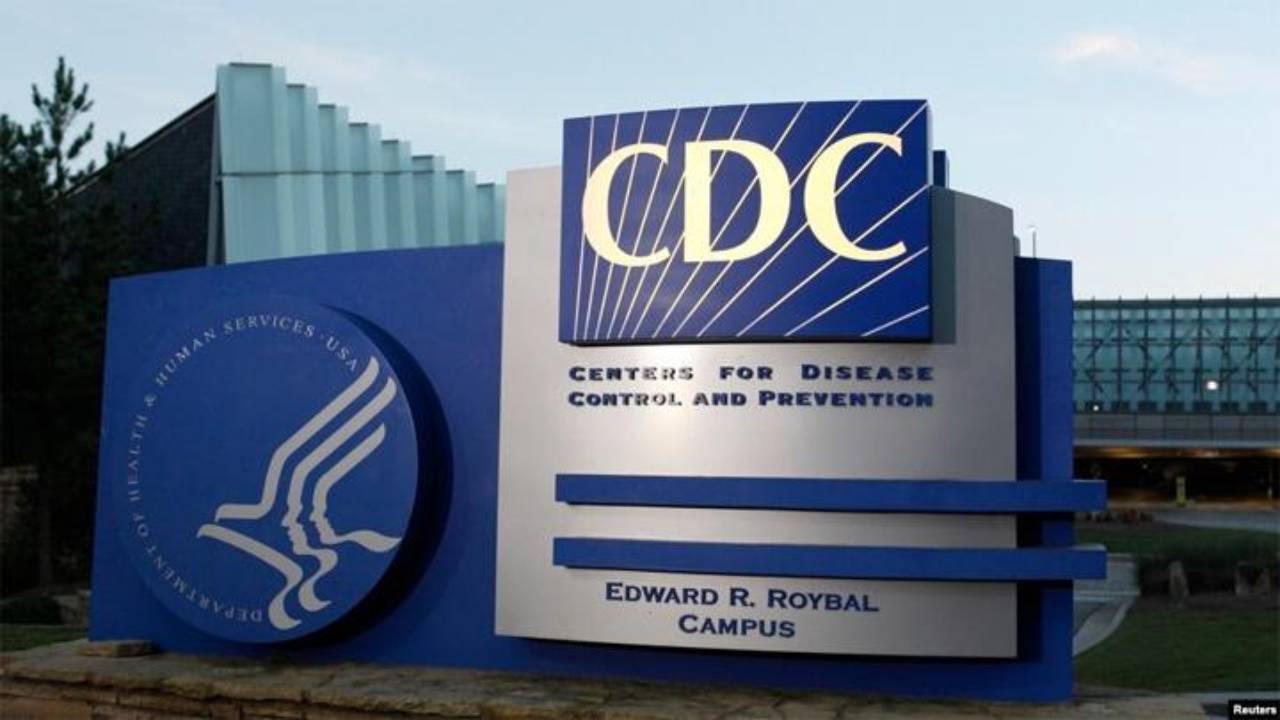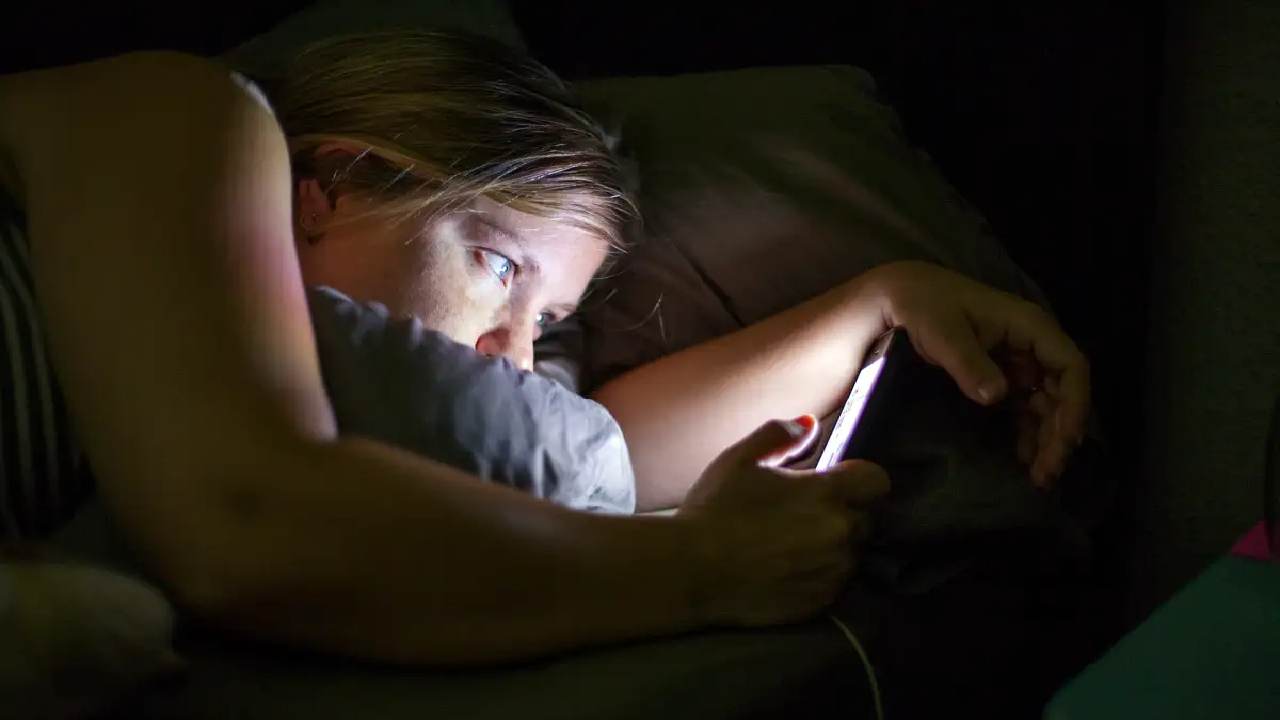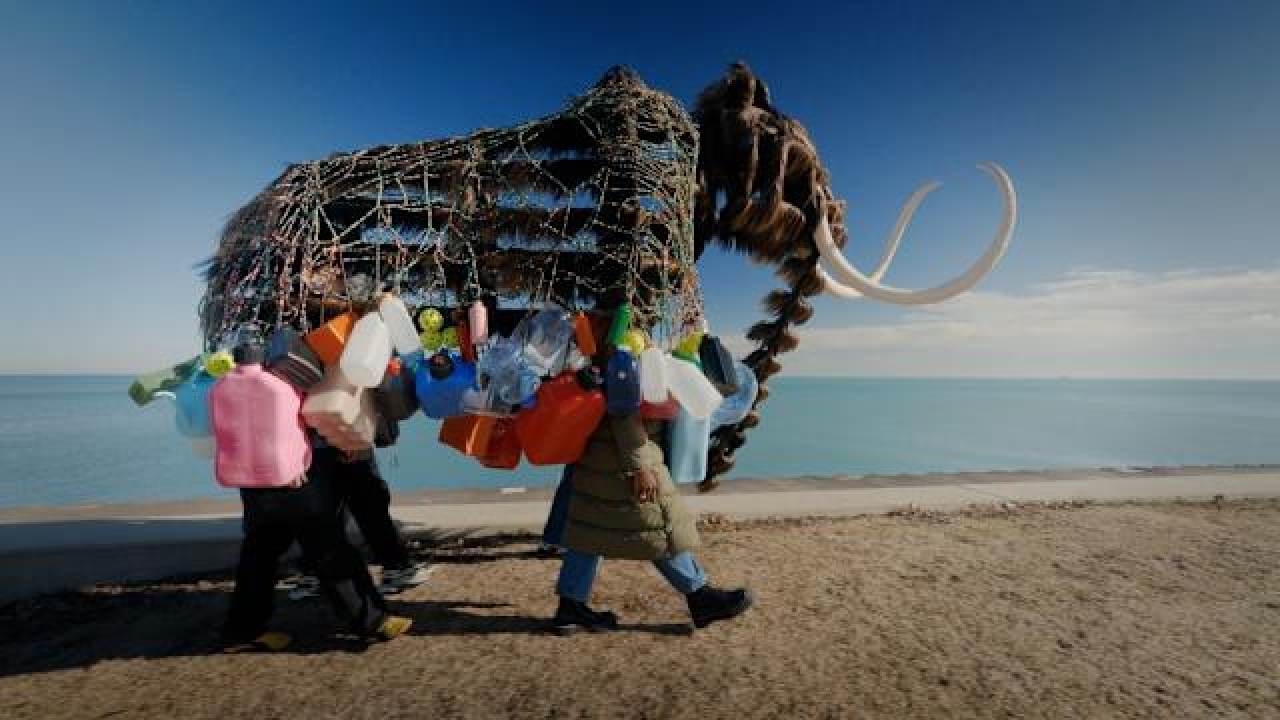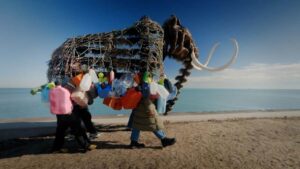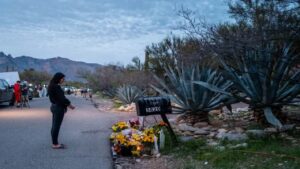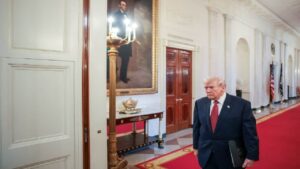CDC Faces Deep Staff Cuts Amid Growing Public Health Concern
Ohana Magazine – Late in October 2025, the CDC underwent sweeping layoffs. Investigators, outbreak modelers, data analysts, and policy teams lost their roles. Internal accounts say leadership targeted staff whose findings conflicted with political narratives. As one official put it, “They cut people because they refused to rubber‑stamp unscientific ideas.” These firings follow recent calls from Health Secretary Robert F. Kennedy Jr. for fresh personnel at the agency.
Midnight Notices and Holiday Timing Raise Eyebrows
Many employees got termination emails after 9 p.m. over a holiday weekend, a tactic critics say shields the action from public scrutiny. During the federal shutdown, this approach caused additional hardship many laid‑off workers couldn’t access offices or severance support. In effect, the timing compounded the disruption.
“Read more : Haaland’s Historic Night: Hat‑Trick Leads Norway to 5‑0 Over Israel“
Drastic Reductions in Core CDC Functions
Earlier estimates showed the CDC employed 13,674 in January 2025. Post‑cuts, sources expect around 10,300 staffers a loss of roughly 1,100–1,200 roles. The Epidemic Intelligence Service (EIS) lost at least 30 veteran analysts and 40 trainees. Over 130 staff members from the National Center for Immunization & Respiratory Diseases (NCIRD) also lost their posts. The entire team behind the Morbidity and Mortality Weekly Report (MMWR) had their roles eliminated.
Winter Season Looms with a Weakened Defense
These staff cuts arrive just before flu, RSV, and COVID seasons intensify. With fewer analysts and scientists in place, the nation’s ability to track outbreaks and advise state health systems will decline. One scientist who lost their position warned that such reductions may leave the country underprepared for future viral surges.
“Read more : EU’s Bold Move: Six AI “Factories” to Power European Innovation“
Political Winds and Public Health Shifts
This purge aligns with broader restructuring at the Department of Health and Human Services, where leaders push to centralize control over health policy and weaken independent scientific oversight. Many observers see this as an attempt to realign public health institutions with political priorities rather than scientific evidence.
My Take: When Science Loses Voice, Society Loses Safety
From my viewpoint, these actions mark a significant setback for public health. Expertise cannot be silenced without consequence. Science must question politics; it cannot serve as its echo. Cutting voices within the CDC undermines preparedness, erodes trust, and may worsen future outbreaks. If America values resilience, it must protect not purge its scientific institutions.
